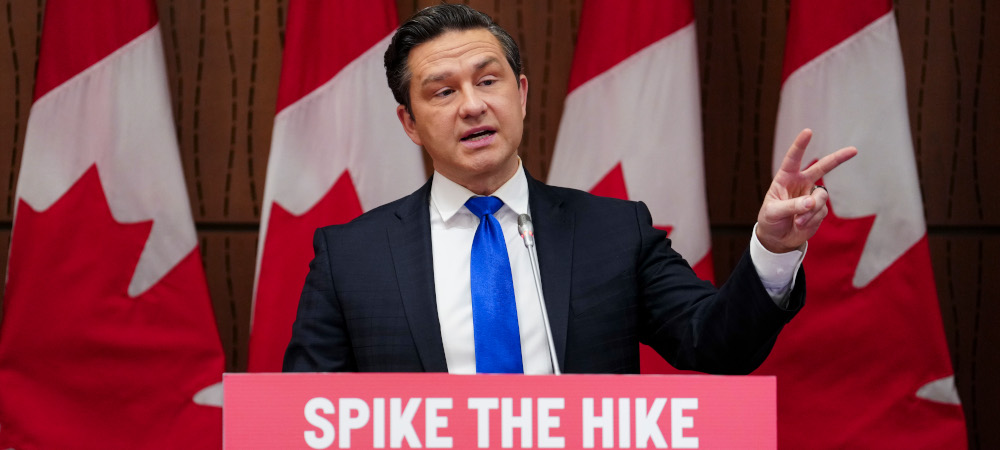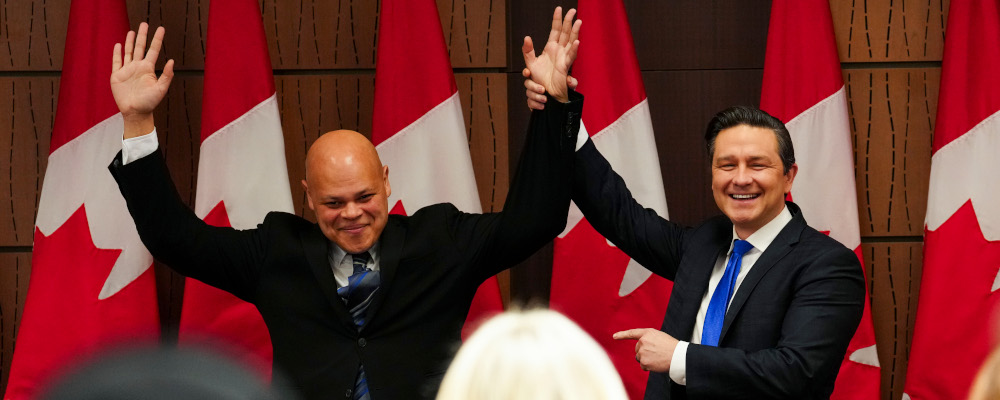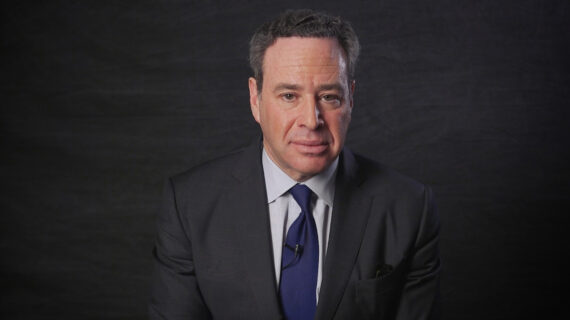As the popularity of the Conservative Party of Canada and Pierre Poilievre continues to demonstrate stability in poll after poll, it appears likely that Poilievre will become our next prime minister. There are still almost 18 months before the scheduled election, and much can happen between now and then, but it is generally assumed that it is the Conservatives’ election to lose.
Many businesses, organizations, and interest groups are fervently trying to understand how a Prime Minister Poilievre’s government would think and act. That is why this year’s Canada Strong and Free Networking (CSFN) Conference (April 10-13 in Ottawa) is generating significant interest. CSFN hosts an annual conference in Ottawa that brings small “c” conservatives from around the country together for a few days of speakers, networking events, and time to contemplate centre-right policy ideas and priorities.
CSFN is not associated with any political party and generally represents the diverse coalition of conservatives from across the country. Its annual conference is not affiliated with the Conservative Party of Canada and the ideas and policies discussed have no direct bearing on the party’s platform. Nonetheless, the conference is well attended by federal and provincial politicians and their staff.

One keynote at this year’s conference who may shed interesting light on some of the ideas and impulses that may ultimately shape the thinking and politics of a possible Poilievre-led government is Sohrab Ahamri. An Iranian-American journalist, commentator, and author who has traveled from the libertarian Right to what may be described as “common-good conservatism”, Ahmari will deliver a keynote speech and participate in a moderated discussion with newly elected Member of Parliament for Durham and former CSFN President Jamil Jivani.
Ahmari first gained prominence for a provocative essay in the American journal First Things that criticized the conservative establishment’s approach to cultural and political engagement. His recent book, Tyranny, Inc. builds on that critique and offers an intriguing perspective for conservatives who are seeking to challenge the dominance of liberal values.
He skillfully challenges individualism’s excesses and its deleterious outcomes (including family breakdown, increased inequality, hollowing out of the manufacturing economy, growth of the administrative state, etc.) and advocates for a return to more traditional values including an almost communitarian philosophy that favours an emphasis on family and civil society over the market economy. Ahmari harshly criticizes the “conservative defenders of the system” who “refuse to link these cultural developments to the shape of our political-economic order” and “instead…pretend that cultural and material conditions have little to do with one another.”
It is evident why the conference organizers have paired him with Jivani for the event. Jivani has made headlines for his criticism of Ontario’s Progressive Conservative government for its handling of the education file, effectively criticizing its own excesses of liberalism (in the form of gender, race, and identity in the provincial curriculum) at the expense of traditional values of equality of opportunity, the role of families in education, and religious freedoms. Jivani, in the spirit of Ahmari, has linked these cultural excesses directly to the economic challenges of the working-class communities that he grew up in and now represents.
Poilievre’s recruitment of candidates like Jivani signals at least an openness to bringing in new MPs who are willing to criticize not only progressives but also other conservatives on culture and economics. He is putting defenders of the neoliberal status quo on notice with his constant critique of “gatekeepers” and his simple messaging of “axe the tax, build the homes, and stop the crime.”

This stance should unsettle some in the conservative establishment. Poilievre, as others have outlined, isn’t concerned about elite opinion or expects to see changes in how corporate Canada operates. His recent comments that based on his own experience, corporate lobbyists tend to be “utterly useless in advancing any common sense interests for the people on the ground” can be interpreted as a direct critique of both liberal and conservative defenders of the system.
While Poilievre is not a social conservative, he has demonstrated that he shares at least some of the social conservative critique of the excesses of liberal values and their negative impact on our political economy. The political moment is ripe for his common sense message that Canada is broken, and he is correct to hold those in charge responsible for its fracture. A recent poll indicates that a growing number of Canadians say that the economy is not working for them, further emphasizing the disconnect between those who hold cultural and economic power and those who do not. MPs like Jivani have an opportunity to connect these economic concerns to the abandonment of culturally conservative values if they are to be ultimately successful at reversing the excessive liberalism that is heart of a lot of the country’s socio-economic challenges.
There is no guarantee that Poilievre will be the next prime minister. But, if Ahmari’s insights are to be believed, to the extent that the Conservative Party can connect economic distress to the cultural changes rapidly occurring during Prime Minister Trudeau’s tenure, the chances are high that not only will a Poilievre government come to fruition, but that it has the potential to enact meaningful reform. For those interested in understanding the ideas and impulses behind such reforms, this week’s CSFN conference is a good place to start.




